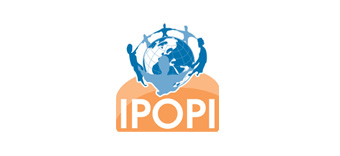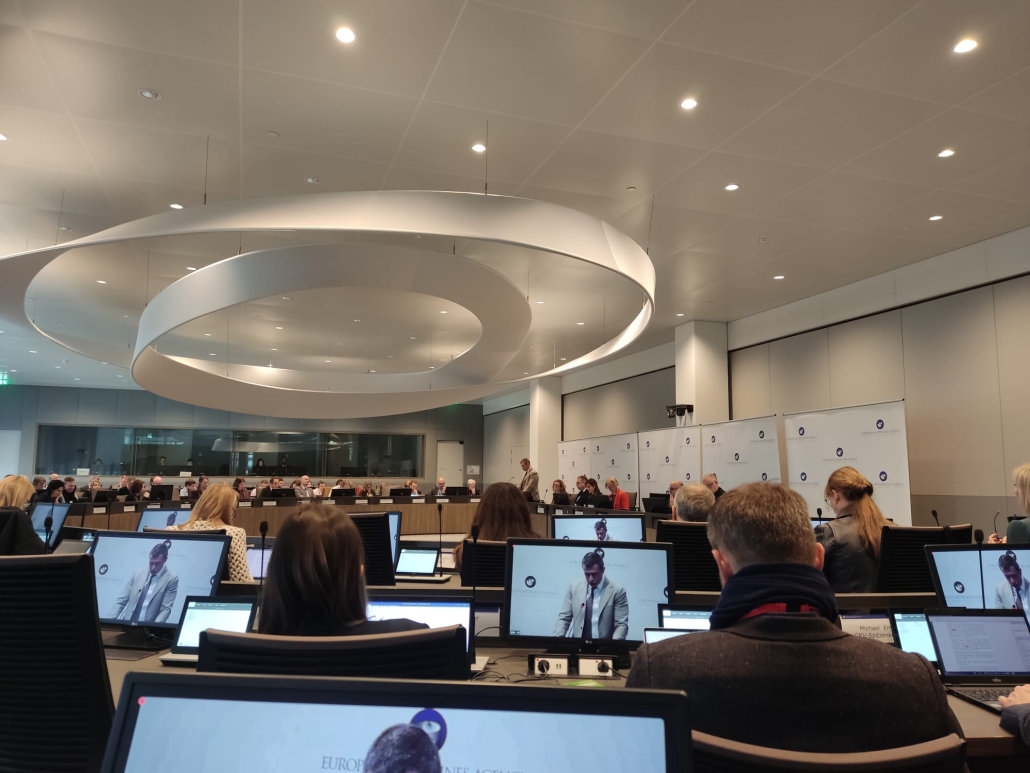March 15, 2023
News from the European Medicines Agency
The European Medicines Agency (EMA) held two important meetings in early March:
- A workshop on medicines shortages on March 1 and 2, 2023.
- A joint meeting of the patients and healthcare professionals working parties, on March 3, 2023.
The workshop on medicines shortages was a key event organised by the EMA and the network of medicines agencies from the 27 European Union countries. The workshop was organised due to the extended mandate of the EMA, as it now can take a more active role in the prevention of shortages and favour coordination amongst the national medicines agencies. Interestingly, one of the three parallel sessions was dedicated to immunoglobulins (the others being biosimilars and veterinary medicines). This dedicated session was very interesting as it allowed participants (including IPOPI representatives) to discuss the link between plasma supply and supply of immunoglobulins, provide stakeholders’ views on the availability and supply of immunoglobulins and understand the recent developments, at the EMA, that are looking into shortages of medicines, including immunoglobulins.
Should you be interested in learning more, the presentations from the workshop and the recording are already available.
The joint meeting of the patient and consumers’ working party and the healthcare professional working party was held on March 3, 2023. The content of the workshop was varied and highly relevant to patient and consumer representatives, with a wide range of topics covered, such as the work done by the scientific committees of the Agency:
- The Committee on Human Medicines (CHMP) is working on early involvement of patient organisations to provide new insights, daily impacts, and adverse reactions.
- The Committee for Orphan Medicinal Products (COMP) is looking into a new phenotypical orphan classification and the challenges this presented from a regulatory perspective. In 2022, 24 new orphan products were approved, while 6 medicines were no longer considered “orphan medicines” as they were no longer presenting a significant benefit versus other available medicines. This consideration is important for companies developing orphan medicines as they give them some rights, such as extended market exclusivity.
- The Paediatric Committee (PDCO) is trying to boost the development of medicines for children, increase transparency and improve the application for a paediatric investigation plan (a requirement in the development of most human medicines).
Another aspect discussed during the meeting was “biosimilars and interchangeability”. This topic was linked to shortages of certain medicines as, switching from a specific biological to its biosimilar, would be expected to have the same clinical effect. The biosimilar product must be very similar to the reference product, with no change in efficacy nor safety. Since 2006, 86 biosimilar products have been approved. Safety data has been collected from more than 1 million patients and this concludes that these biosimilars are safe.
There was also an informative session on how the EMA has started the process of using EU languages more widely. The technical information will remain in English to avoid misunderstanding and mistakes, as well as to favour communication with the media.
If you are interested in reading more about this meeting, click here.

